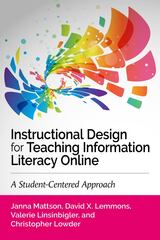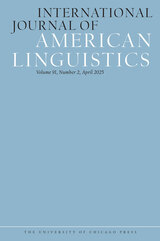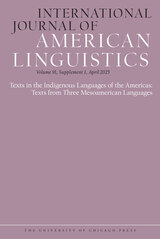
This book makes a timely intervention into the question of Castro's historical role and contribution. The author argues that Castro's doctrine of armed struggle is the logical development of his idea of the ethical liberation fighter. At its core is an unremitting emphasis on the ethical use of violence.
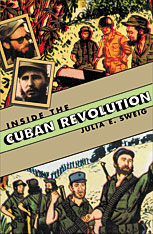
Julia Sweig shatters the mythology surrounding the Cuban Revolution in a compelling revisionist history that reconsiders the revolutionary roles of Fidel Castro and Che Guevara and restores to a central position the leadership of the Cuban urban underground, the Llano. Granted unprecedented access to the classified records of Castro's 26th of July Movement's underground operatives--the only scholar inside or outside of Cuba allowed access to the complete collection in the Cuban Council of State's Office of Historic Affairs--she details the ideological, political, and strategic debates between Castro's mountain-based guerrilla movement and the urban revolutionaries in Havana, Santiago, and other cities.
In a close study of the fifteen months from November 1956 to July 1958, when the urban underground leadership was dominant, Sweig examines the debate between the two groups over whether to wage guerrilla warfare in the countryside or armed insurrection in the cities, and is the first to document the extent of Castro's cooperation with the Llano. She unveils the essential role of the urban underground, led by such figures as Frank País, Armando Hart, Haydée Santamaria, Enrique Oltuski, and Faustino Pérez, in controlling critical decisions on tactics, strategy, allocation of resources, and relations with opposition forces, political parties, Cuban exiles, even the United States--contradicting the standard view of Castro as the primary decision maker during the revolution.
In revealing the true relationship between Castro and the urban underground, Sweig redefines the history of the Cuban Revolution, offering guideposts for understanding Cuban politics in the 1960s and raising intriguing questions for the future transition of power in Cuba.
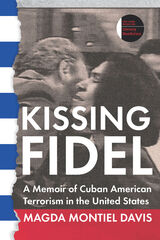
What does it mean to be instantly transformed into the most hated person in your community? After meeting Fidel Castro at a Havana reception in 1994, Cuban-born Magda Montiel Davis, founder of one of the largest immigration law firms in South Florida, soon found out. The reception—attended by hundreds of other Cuban émigrés—was videotaped for historical archives. In a seconds-long clip, Fidel pecks the traditional protocol kiss on Montiel Davis’s cheek as she thanks him for the social benefits conferred upon the Cuban people. The video, however, was mysteriously sold to U.S. reporters and aired incessantly throughout South Florida. Soon the encounter was an international cause célèbre.
Life as she knew it was over for Montiel Davis and her family, including a father who worked with the CIA to topple Fidel, a nohablo-inglés mother who lived with the family, her five children, and her Jewish Brooklyn-born attorney husband. Kissing Fidel shares the sometimes dismal, sometimes comical realities of an ordinary citizen being thrown into a world of death threats, mob attacks, and terrorism.
READERS
Browse our collection.
PUBLISHERS
See BiblioVault's publisher services.
STUDENT SERVICES
Files for college accessibility offices.
UChicago Accessibility Resources
home | accessibility | search | about | contact us
BiblioVault ® 2001 - 2025
The University of Chicago Press




